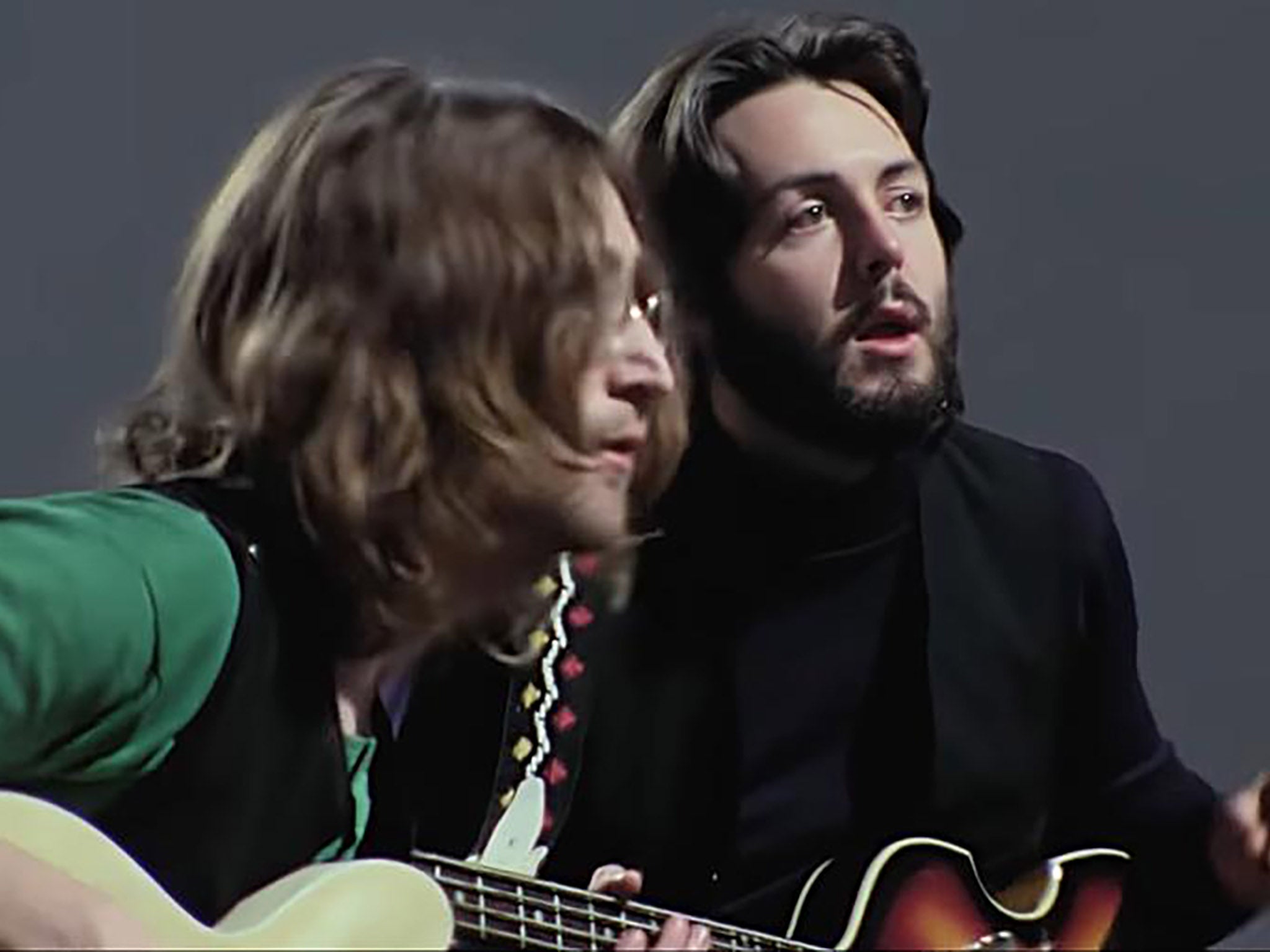The 10 best TV shows of 2021, from Squid Game to Clarkson’s Farm
As 2021 finally comes to an end, Ed Cumming has gathered together the top 10 TV series that debuted this year – so sorry, ‘Succession’ fans


When you woke up on 1 January, did you think you’d be watching as much television as you did last year? Probably not. Big mistake. Locked down again, you watched more than ever.
It has been a year of mild but pleasant surprises. The biggest Netflix series of all time – according to Netflix, anyway – was Squid Game, an allegorical drama about a murderous gameshow. Kate Winslet gave perhaps her most nuanced performance as a detective (and grandmother!) in a coal town in Pennsylvania. Jeremy Clarkson found redemption in a handful of topsoil. Disney Plus showed it could do grown-up with Dopesick. Covid continued to disrupt production, but sparked creativity, too. When HBO asked Mike White to come up with something easy to film in one location, he delivered The White Lotus, a grimly delightful class satire set in Hawaii.
There were plenty of returning pleasures: Real Housewives and Drive to Survive and Line of Duty and Love Island and Ted Lasso and Succession. But for this top 10 we are only including original series that began this year. Agree, disagree, Merry Christmas.
10) The Terror
The BBC gave us not one but two fine Arctic horror-thrillers this year. Later came The North Water, a fine straight adaptation of Ian McGuire’s novel about a doomed whaling mission. But first there was The Terror, which made its debut on UK terrestrial TV a baffling three years after it appeared in America. It was worth the wait – an intense and gripping horror imagining what became of the real-life Victorian sailors who were trapped in the ice while searching for the Northwest Passage.
9) Dopesick
It’s no coincidence that two of the best series of the year were about the opioid crisis. Where Mare of Easttown approached it obliquely, Dopesick took direct aim, showing every stage of the scandal, from the malign Sackler bosses to the victims, via the well-meaning doctors – chiefly Michael Keaton’s Dr Samuel Finnix, who were the handmaidens to an epidemic of addiction. On Disney Plus, too.
8) Time
Jimmy McGovern’s prison drama gave Sean Bean a real character to get his teeth into and he seized the chance. The teacher he played, Mark Cobden, was a wounded bear of a man, imprisoned for a drunken hit and run. He was ably supported by the omnipresent Stephen Graham as a screw under unimaginable pressure. Their stories were an opportunity for McGovern to build a furious and convincing argument against the nightmare of the criminal justice system.

7) It’s a Sin
It’s a Sin felt like the series Russell T Davies was born to write, a loving, heartbroken story of four friends during the Aids epidemic. Olly Alexander, as Ritchie Tozer, was the stand-out in a brilliant cast of young actors. A eulogy to innocence and to the friends who didn’t make it, and a reminder that the virus was all the more vicious for the joyous, liberated, new world it attacked.
6) Clarkson’s Farm
The most shocking development of the year was Britain’s preeminent boorish petrolhead, Jeremy Clarkson, turning into a champion of agriculture. Clarkson has long owned a large amount of farmland in the Cotswolds. Amazon’s series documented his attempts to take over the farming himself, in the process discovering how hard it was and meeting some unforgettable supporting characters, above all his young assistant Kaleb.
5) Can’t Get You Out of My Head
Adam Curtis is a divisive filmmaker. For some, his films are incoherent jumbles of archive footage stitched together beneath a sonic blanket of Aphex Twin and Radiohead. To others, they are brilliant examinations that identify the world’s hidden undercurrents while excavating fascinating and forgotten seams of history. In keeping with this, Can’t Get You Out of My Head was either Curtis’s best work or his most infuriating, but it was hard to watch it and stay neutral.
4) Squid Game
Some expressed scepticism that a drama about a grisly Korean gameshow, in which hundreds of characters are murdered in the first episode, might struggle to find an audience. They were wrong. Squid Game was watched by bazillions of viewers and turned its stars into international celebrities almost overnight. Violent horror, technological dystopia, and a potent anti-capitalist message – Squid Game distilled many of the tropes of the best Korean cinema into a must-watch Netflix cocktail.

3) Mare of Easttown
A murder investigation unfolding in a small town in Pennsylvania that has been destroyed by unemployment and opioids: HBO’s drama looked gloomy on paper. But Mare of Easttown was lit up by Kate Winslet’s star turn as Mare, a diligent, heartbroken cop trying to keep her complicated family on the road at the same time as bringing justice to her sad, grey hometown. A tightly scripted, deeply empathetic examination of humans buffeted by circumstances.
2) The White Lotus
Mike White’s class satire on cosseted American holidaymakers spun a simple set-up – families go to Hawaiian hotel – into something greater than the sum of its parts. From the eerie jungly wail of its theme music onwards, The White Lotus drew us into an upstairs-downstairs world where the oblivious guests moaned about their 0.01 per center problems, oblivious to the plight of the staff waiting on them. What elevated The White Lotus, however, was that it never stopped being sympathetic for its characters, even at their worst – and they were bad. Partly this was down to the writing, but also to the perfect casting, which included a career-defining turn from Murray Bartlett as the hotel’s erratic manager, Armond.
1) The Beatles: Get Back
It feels a bit unfair to have this on this list, given the footage, like putting unseen fly-on-the-wall footage of Caravaggio up against some ITV murder mystery. But it was TV, and it was amazing. Peter Jackson’s epic documentary took unused tape from the Beatles’ Abbey Road sessions, colourised it and restitched it to create a portrait of the band like none we’ve seen before. By allowing long sections to run uninterrupted, Get Back let us feel as though we were there with the band, standing in the room when Paul McCartney casually comes up with “Get Back”. It rehabilitated individual reputations, especially McCartney’s. He emerged as the driving genius, rather than the naff crooner of his late career. Although they disagreed, they were still friends. They were lucky they found each other, and so are we.
For more end-of-year roundups, find The Independent’s favourite albums of 2021 here, and its top films of the year here.



Join our commenting forum
Join thought-provoking conversations, follow other Independent readers and see their replies
Comments